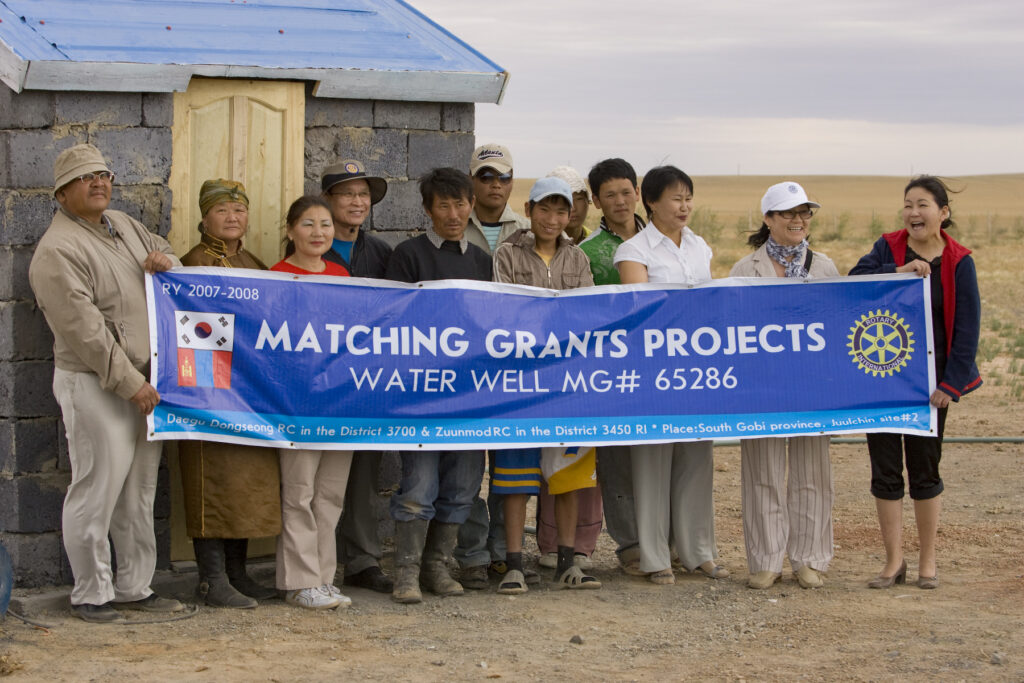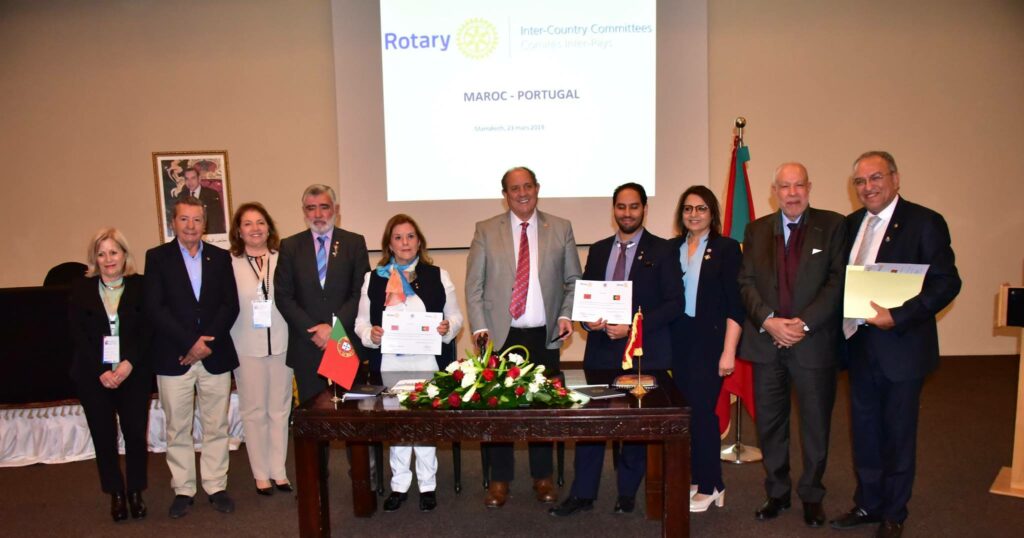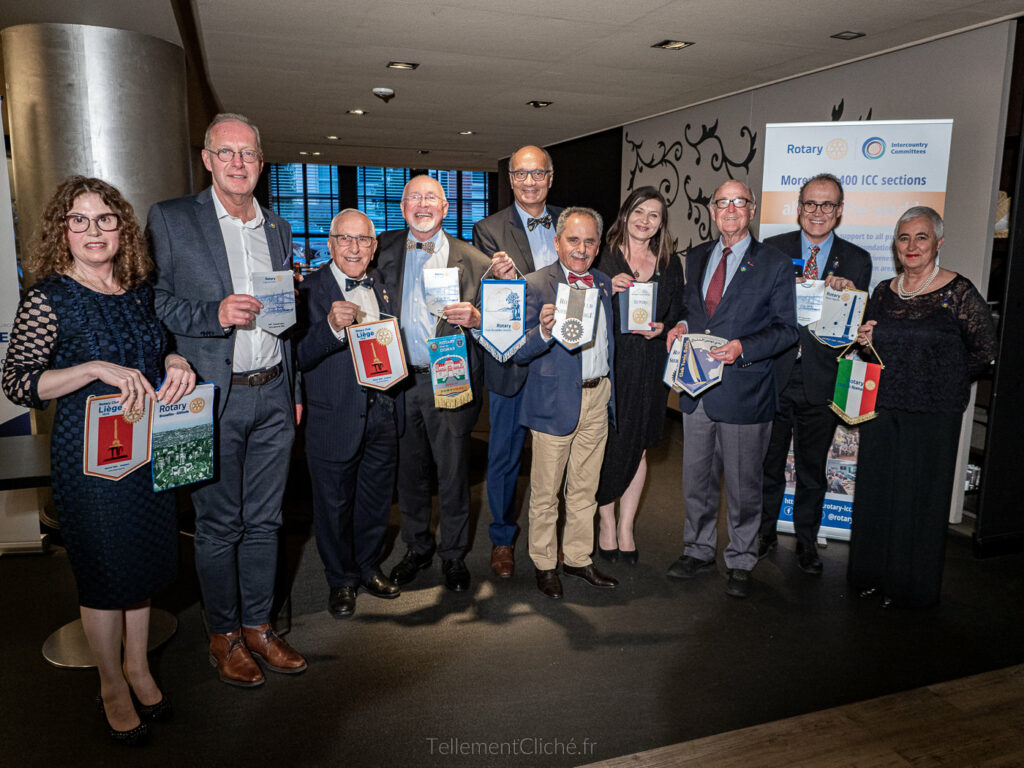International action
Although the scope of activities conducted by ICCs reflects that of Rotarians and Rotary International, the work of ICCs particularly emphasizes the international character of Rotary:
- form a network of virtual embassies worldwide
- offer a natural forum for dialogue between cultures
- provide concrete assistance to communities


ICCs are effectively fulfilling one of the greatest roles that an international nongovernmental organization can play, by setting aside national patriotism and acting as ambassadors of peace.
They embrace an open-minded approach to the beliefs of others, coupled with a conviction that applying fundamental standards enhances the richness and fulfillment of life.
ICCs also advocate for justice for all humanity, recognizing the universal necessity of these principles, and they challenge economic disparity and exclusion, upholding cherished human values.
ICCs facilitate International Service Projects by helping clubs and districts collaborate on or carry out cross-cultural, international, and vocational service projects. They create strong ties between partnering countries and build a network of contacts that are a valuable asset for clubs and districts. This network can be useful for finding partners for projects, sharing expertise, and gaining knowledge about other countries.
Through the expansion of Rotary Friendship Exchanges, contact clubs, the creation of new clubs, targeted educational and humanitarian projects with the support of The Rotary Foundation, the Intercountry Committees, and their flexible structure have often helped Rotary thrive in Central and Eastern Europe, in the Middle-East and in Africa. ICCs can even be active in serving countries that have no official diplomatic ties.
Club twinning
Twin clubs, or sister clubs, are two clubs from different countries that form a long-term relationship to promote international understanding and goodwill and carry out service projects in their communities.
Ideal twin clubs often have a similar number of members and a comparable demographic and share similar interests.
ICCs are the ideal facilitator to help club looking for twin clubs in nearly any country in the world.

